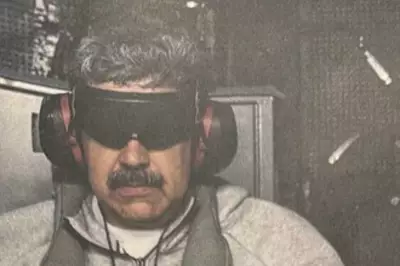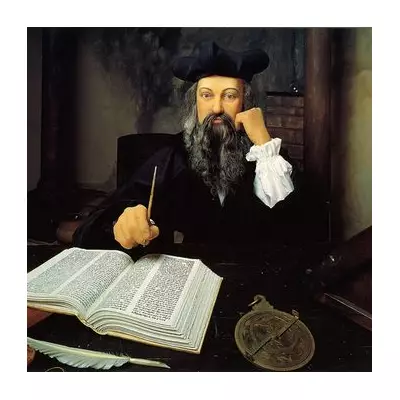
The dramatic fall from grace of Prince Andrew, once a senior working royal, can be traced directly back to behavioural patterns established during his earliest years, according to explosive new revelations from royal biographers.
The Problem Child
Long before his association with convicted sex offender Jeffrey Epstein and disastrous Newsnight interview destroyed his reputation, Andrew Mountbatten Windsor displayed troubling character traits that concerned those around him. Former playmate Tom Jackson described the young prince as a 'tiresome little s**t', while the late Princess Diana wrote unflatteringly about his personality in private notes.
Diana, who was just months older than Andrew, observed that he was 'very, very noisy and loud' and noted 'It occurred to me that there was something troubling him.' She concluded that his personality type 'wasn't for me' and described him as someone 'very happy to sit in front of the television all day watching cartoons and videos' rather than being 'a doer'.
Schoolyard Bully and Royal Demands
At just eight years old, Andrew was sent to Heatherdown Preparatory School in Ascot, Berkshire, where he quickly gained a reputation as what his father Prince Philip called 'a natural boss' - though fellow pupils saw him differently. Former schoolmate Frank Egerton recalled how students were 'always aware he was a member of the Royal Family', while another pupil remembered Andrew as 'cocky' with 'a high opinion of himself'.
Tom Jackson revealed to biographer Andrew Lownie that during play sessions when both were aged six, Andrew once informed him he was a 'Prince'. Jackson immediately countered that he was actually a 'King', which 'seemed to shut him up'. This early insistence on royal privilege foreshadowed the entitlement that would later contribute to his downfall.
From Childhood Troubles to Adult Catastrophe
Andrew's inability to think before speaking, evident in his school years according to Egerton who noted he was 'impetuous and would often say something without thinking', reached its devastating climax in his 2019 Newsnight interview with Emily Maitlis. The car-crash appearance, where he said he did 'not regret' his friendship with Epstein, served as the final catalyst for his removal from royal life.
In January 2022, following immense public pressure, the late Queen stripped Andrew of his title of His Royal Highness, military roles and royal patronages. More recently, King Charles has forced his brother to vacate Windsor's Royal Lodge and removed his remaining royal titles, effectively ending his formal connection to the monarchy.
Royal biographer Ingrid Seward revealed in her book 'My Mother And I' that Philip had 'berated' Andrew for being 'pointless' because he never fulfilled his early potential. This assessment stands in stark contrast to Andrew's earlier status as believed to be the Queen's favourite son, which gave him licence to get away with behaviour his siblings could not.
The pattern of behaviour that began in childhood - the aggression, the entitlement, the inability to acknowledge errors - ultimately culminated in one of the most spectacular royal downfalls in modern history, demonstrating how early character flaws can determine adult destiny, even for those born into the highest privilege.





